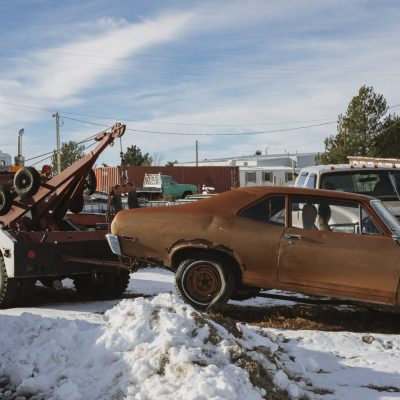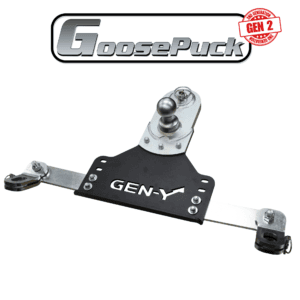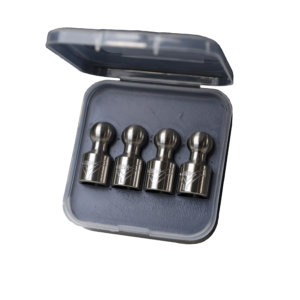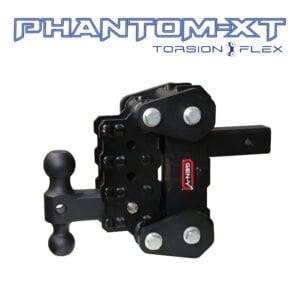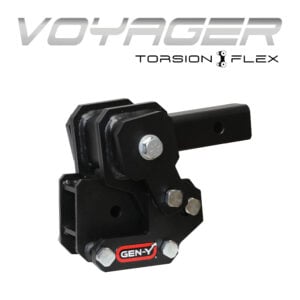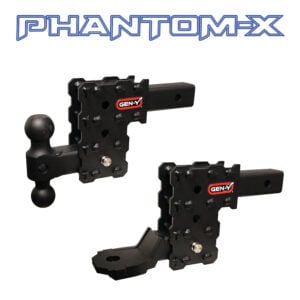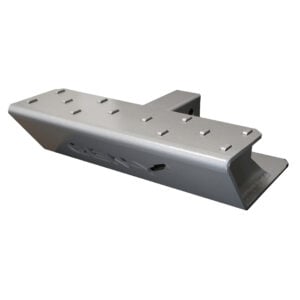Encountering a situation where you need to tow another vehicle can happen unexpectedly. Knowing how to pull a vehicle correctly is essential, whether the case is a breakdown, a friend in need, or assisting a stranded motorist. However, towing another vehicle can be a complex task that requires careful planning, knowledge of the process, and adherence to safety measures. In this comprehensive guide, we will discuss how to tow another vehicle.
Can You Attach a Trailer to Any Car?
It is important to note that only some cars are designed to tow a trailer. While many cars can tow trailers, limitations occur based on the car’s design, specifications, and towing capacity. Towing capacity refers to the maximum weight a vehicle can safely tow without causing damage or compromising its performance.
Different cars have different towing capacities, and it is essential to consult the vehicle’s owner’s manual or contact the manufacturer to determine its specific capabilities. The owner’s manual typically provides information on the maximum weight the car can tow and any additional requirements, such as needing a tow package or specific equipment.
Factors that affect a car’s ability to tow include engine power, transmission type, suspension, cooling systems, and structural strength. Vehicles designed for towing typically have reinforced frames, heavy-duty suspension systems, and enhanced cooling systems to handle the additional weight and stress.
What Do You Use to Attach a Trailer to a Vehicle?
A trailer hitch is typically required to attach a trailer to a vehicle. A trailer hitch is a device that connects the trailer to the towing vehicle, enabling them to move together safely. The specific type of trailer hitch required depends on the vehicle’s design and the trailer.
The most common types of trailer hitches include the following:
- Receiver Hitch
- Gooseneck Hitch
- Fifth Wheel Hitch
- Pintle Hitch
Contact a professional if you are still determining what type of trailer hitch you need. An automotive company should happily help you assess your needs and the best way to meet them.
Can You Attach a Trailer to a Car without a Hitch?
Simply put, you can only attach a trailer to a car with a proper trailer hitch or an appropriate towing setup. The trailer hitch is a critical connection point between the vehicle and the trailer, providing stability and control during towing. Attempting to attach a trailer to a car without a hitch can result in several safety issues, including structural damage, instability, braking issues, and legal troubles.
Again, to ensure safe and legal towing, it is crucial to have the appropriate trailer hitch installed on the vehicle. Consult the owner’s manual or contact the manufacturer to determine the suitable hitch type, towing capacity, and any additional requirements for your specific car model.
Is it Okay to Tow a Car with Another Car?
Towing a car with another car is generally not recommended and can be unsafe for several reasons. While it may seem like a quick and convenient solution in certain situations, there are potential risks and complications. However, if you have no other option, ensure you have the proper equipment.
First, you will need a tow strap or rope to identify the car’s tow points. These are generally in the owner’s manual and are necessary to avoid significant risks. On top of that, it is advisable to use safety chains as an additional precautionary measure. Attach the safety chains between the two vehicles to provide extra security if the tow strap or rope fails. Safety chains should cross underneath the tongue or hitch of the towing vehicle to create a cradle that can catch the towed vehicle if it becomes disconnected.
Finally, the towing vehicle should be equipped with a sturdy hitch capable of handling the weight of the towed vehicle. Depending on the towing capacity required, this may be a receiver or pintle hitch. Ensure the hitch is securely mounted to the towing vehicle’s frame and follows the manufacturer’s guidelines.
Let Us Help!
Gen-Y Hitch exists to better the lives of our customers, dealers, vendors, employees, and the automotive industry. We will always put our customers’ needs ahead of our own. Contact us today, and let us help you!


